China's economic tightrope act
- Published
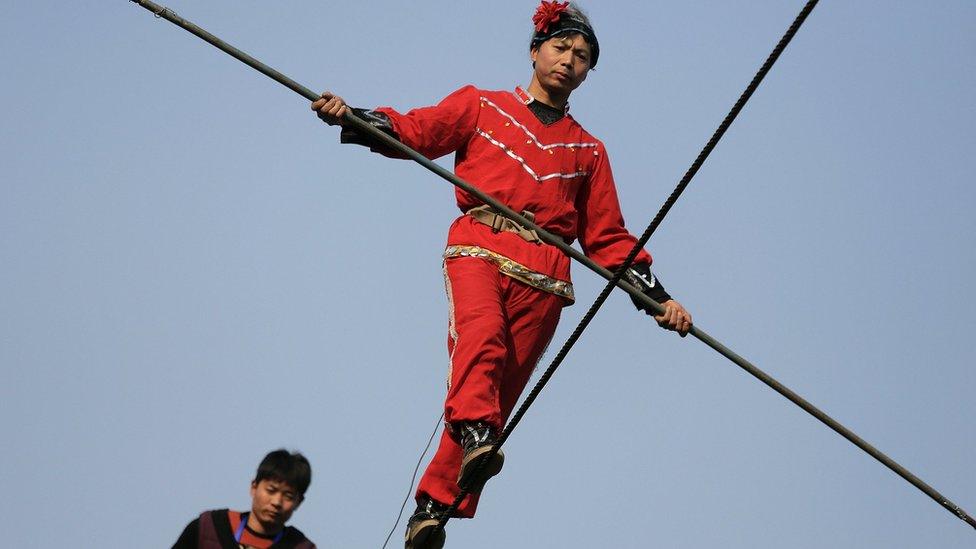
Are the storm clouds gathering over the global economy once again - and are they blowing in from the East, more specifically from China?
There are certainly worries casting some gloom over the Spring Meetings of the International Monetary Fund and World Bank in Washington this week.
China's latest figures show the economy in the first quarter of the year expanding 6.7% from a year earlier. The slowdown continues. But the data do not give us any definitive answers to questions about how China is going to influence the rest of the world.
The big issue is how will China manage the economic transition it has embarked on: a shift from a pattern of economic growth based on the rapid expansion of industrial output, exports and investment to one more driven by spending by Chinese consumers and growing service industries.
China is also engaged in a shift to growth that is slower than the average 10% per year of the past three decades. That figure is almost universally reckoned to be no longer sustainable.
But if the result is anything like the 6.5% minimum that the authorities are targeting for the next five years, it will still be pretty impressive by international standards.
Investment
It is also worth noting the extraordinary role played by investment - by the state and by business. Last year, according to data compiled by the IMF, investment was 43% of national income or GDP. Very few countries can, or would, want to match that.
It is a problem because such high rates of investment are bound to involve many specific projects that are not viable, especially in an economy that is slowing down anyway. That in turn would mean losses for the businesses concerned and for the investors and lenders who provide the finance.
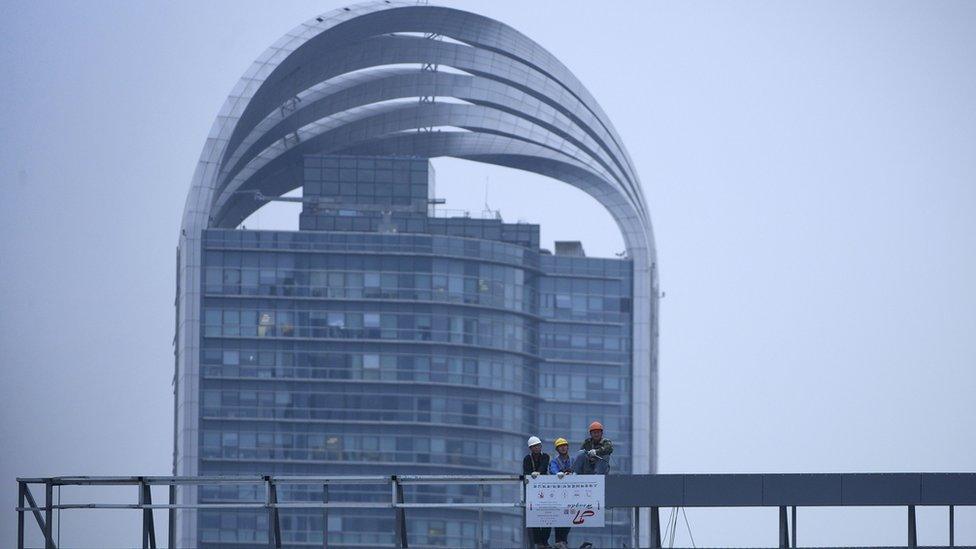
Investment by the state and by business has started to fall
The share of investment in GDP has started to decline - it used to be even higher - but it has further to go. That process and the wider slowdown are already making a mark on the rest of the world and will continue to do so.
A batch of IMF reports this week issued ahead of the Spring Meetings, on the general economic outlook, external, financial stability, external and government finances, external around the world, all show the impact of the Chinese slowdown.
The IMF's World Economic Outlook painted a picture of persistently disappointing performance after the Western financial crisis, a world economy that has failed to gather sufficient momentum to produce a really strong recovery - and China was part of that story.
Risk
And its monumental transition remains a potential hazard for the rest of the world, and has already had some adverse effects.

China is attempting to shift its economy to one driven more by consumer spending
China is very far from being the only factor behind that. But the report points to "concerns about the global impact of the unwinding of prior excesses in China's economy as it transitions to a more balanced growth path after a decade of strong credit and investment growth".
The IMF's Global Financial Stability Report also identifies China as a risk. The slowdown has undermined the financial health of many Chinese businesses, which in turn has increased the problems that banks face from non-performing loans - ones that aren't being repaid.
The IMF thought the situation was currently manageable but it could affect the rest of the world, especially emerging markets, if it were to deteriorate further.
The most direct danger emanating from China is the impact on commodity producers. China's past surge in investment meant high levels of demand for industrial metals and energy.
Already the prices of those items have declined sharply. In the case of oil especially it is not just about demand from China. There has been abundant supply of crude oil, but China's slowdown is also a factor.
The declines in the prices of these commodities have created new dangers to financial stability in countries that export them and they have also hit the finances of those nations' governments.
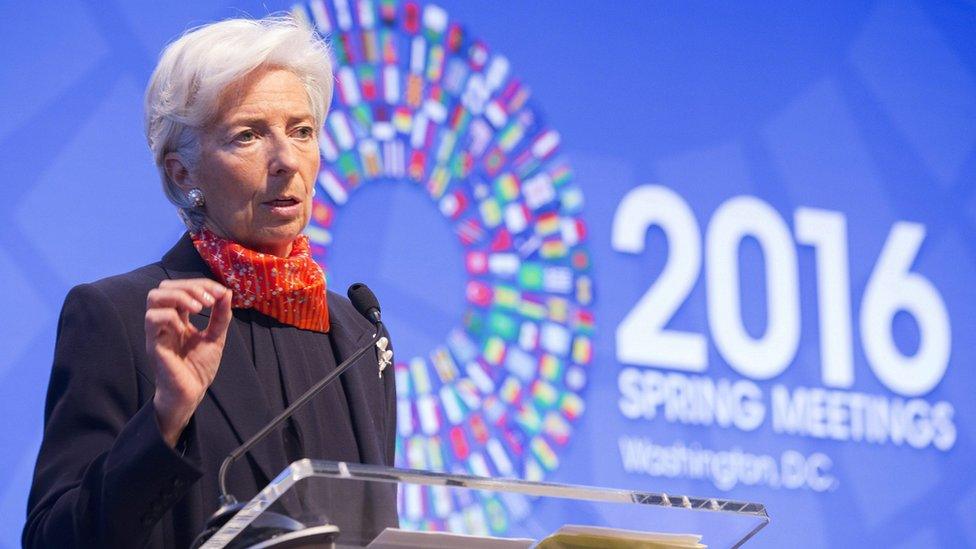
The IMF has warned this week about the impact of China's slowdown
Attempting the impossible?
So what sort of growth rate can we expect from China in the coming years?
The official target is at least 6.5%. That prompted the London consultancy Capital Economics to pose this question in a recent note to its clients: "Is China attempting the impossible?"
Capital Economics said it was extremely rare for countries to manage that kind of performance and concluded: "If China is shooting for a target that no other equivalent economy has reached, we have good reason to be sceptical that it can succeed."
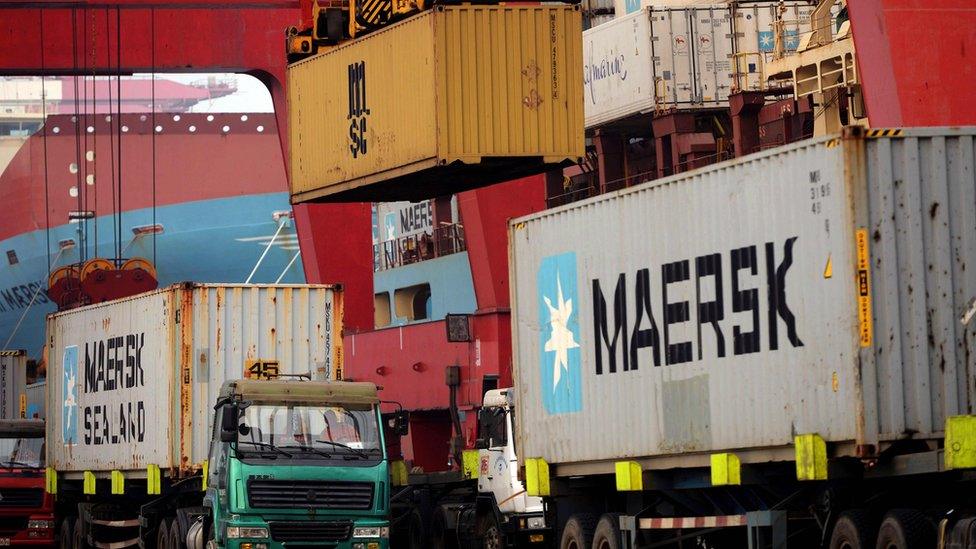
Much of the focus on China's economy has been on its demand for goods from abroad
In practice, China's official figures are widely regarded as unreliable. Many independent economists will tell you China's true growth figures are significantly lower.
That does not necessarily mean China will drag the world into a new recession but it does underline the wariness with which the country's economic performance is viewed from outside.
Much of the scrutiny of China's international impact has focused on its demand for goods produced abroad. But there's another important question around integrating China financially.
Martin Wolf in the Financial Times referred to the potential for crises in countries as they open up their financial systems internationally. "The world might fail to cope with a Chinese one (a financial crisis) altogether."
It will matter for the rest of world just how well China keeps its balance on this tightrope of economic transition.
- Published12 April 2016
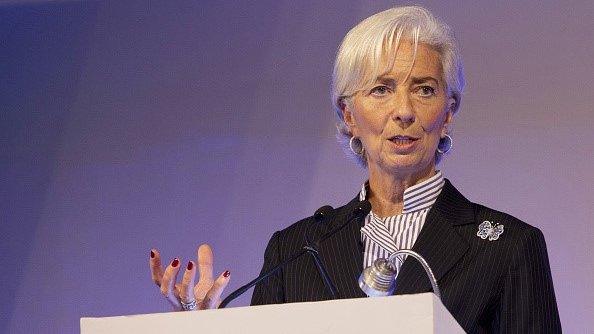
- Published13 April 2016
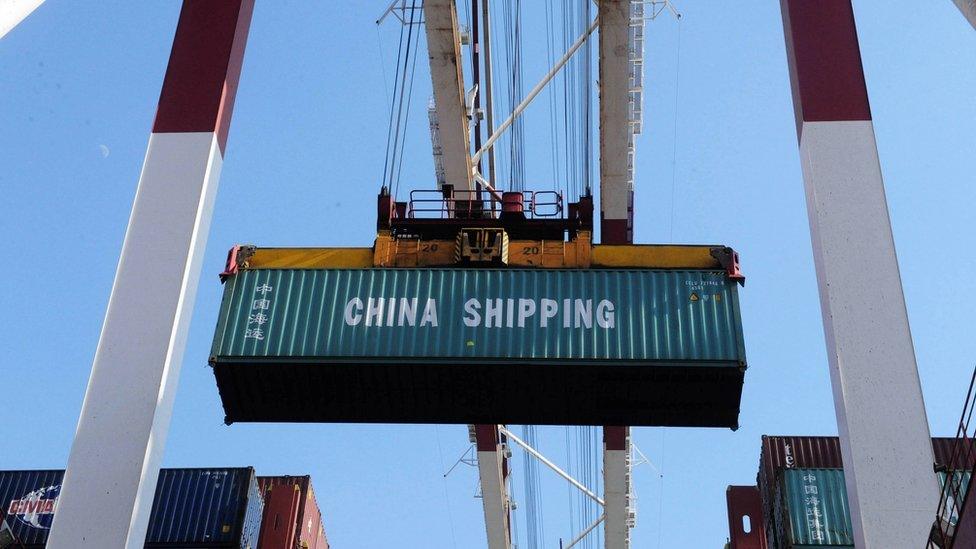
- Published3 April 2016
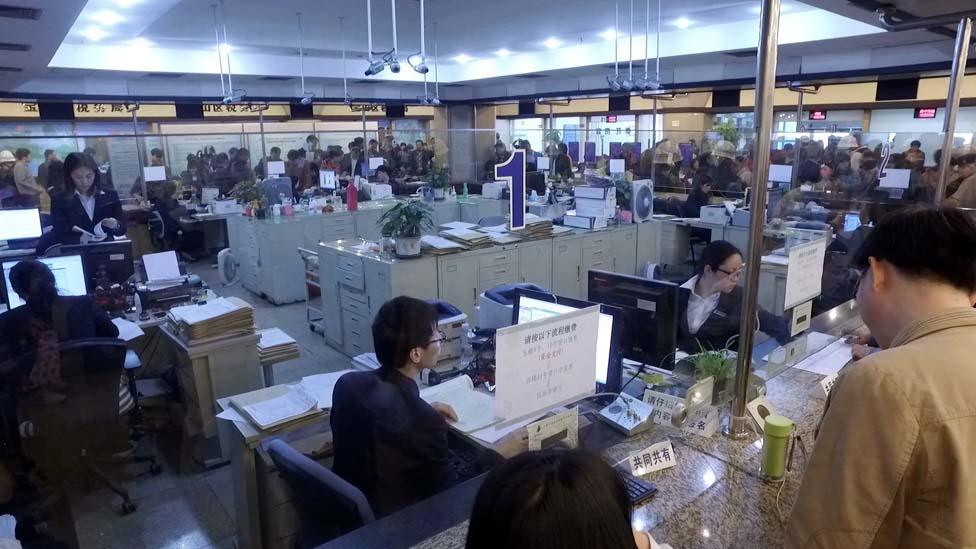
- Published22 March 2016